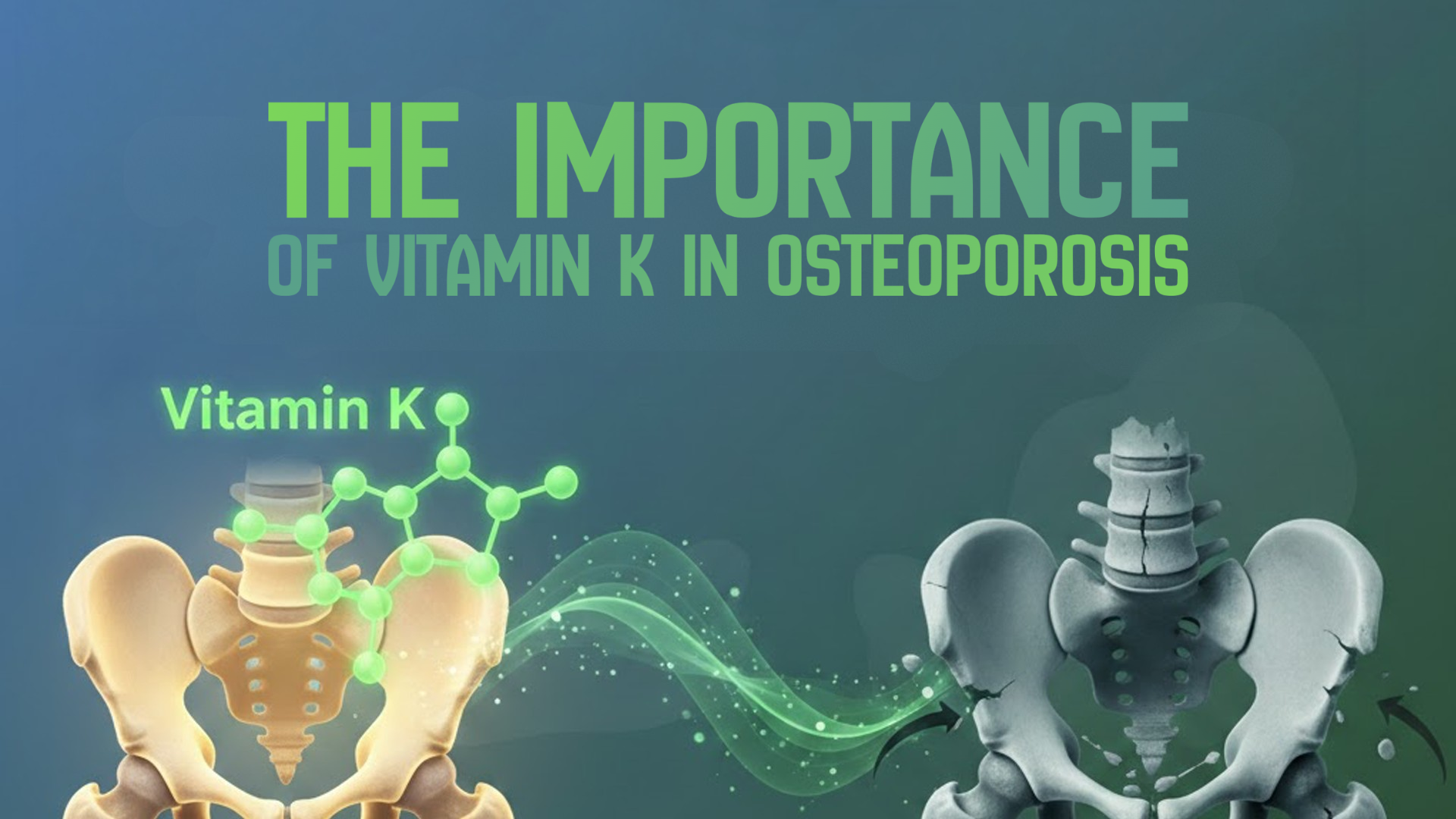When Parents Say “No to Intubation”: Dignity and Quality of Life at the End of Life

Many families face a difficult question in their loved one’s final moments:
“Doctor, if we don’t put in a breathing tube, does that mean mom won’t survive?”
The honest answer is yes — the chance of survival may be lower.
But the more important question is:
“In what condition does she want to survive?”
Modern medicine is no longer focused only on “prolonging life.” Instead, it emphasizes quality of life and, most importantly, respecting the patient’s wishes about how they want their final days to be.
Key Principles in End-of-Life Care
1. Respect the Patient’s Wishes
If patients can express their will while they are still conscious—whether verbally or through an advance directive—those wishes should be respected and followed.
2. Decisions Can Change
End-of-life choices are not permanent. If patients change their minds at any point, their new wishes should always be listened to with compassion, not just treated as a piece of paper.
3. Life-Prolonging Measures Are Not Always Beneficial
For elderly patients with severe illness, intubation may not restore health but instead bring more pain—such as a tracheostomy, being restrained in the ICU, or being unable to speak or embrace loved ones. Sometimes, we “sustain life” but fail to “sustain a life worth living.”
4. Weigh the Benefits and the Burdens
While intubation can extend life, it often comes at the cost of suffering. Medical decisions should balance both potential gains and harms, rather than focusing only on survival time.
5. Dignity and Peace Are Priceless
A peaceful passing without unnecessary intervention is not defeat—it is a choice to leave the world with dignity.
The Role of Doctors and Families
Doctors are not only responsible for treating disease but also for preserving the humanity of their patients. That means listening as much as speaking, and helping families understand that sometimes, doing nothing more may be the most loving act of care.
For families, if the opportunity arises, gently ask loved ones:
“If one day your body grows weaker… how would you like us to care for you?”
The answer may not be about doing everything possible—but about doing what truly matters to them.
The Essential Lesson
-
Good care does not always mean extending life at all costs.
-
Quality of life and dignity at the end are invaluable.
-
True love is honoring the choices of those we love.
The best care is not always about “doing everything,” but about “doing what they truly wish, with understanding and love.”
Source:
Chersery Home International
Share this article
More Articles
Discover more insights on health care and medical tourism.

The Importance of Vitamin K in Osteoporosis
Osteoporosis is a major public health problem, comparable to diabetes, hypertension, and hyperlipidemia. It has long posed a serious threat to the health and quality of life of the Thai population, particularly older adults. Most elderly individuals with osteoporosis experience no warning symptoms or early signs, resulting in delayed diagnosis and lack of early treatment. Consequently, these individuals are at high risk of fragility fractures at various sites, including the wrist, spine, hip, and upper arm.

Tennis Elbow: Elbow Pain That Doesn’t Affect Only Athletes
Tennis Elbow, medically known as Lateral Epicondylitis, is an inflammatory condition of the tendons on the outer side of the elbow. It is caused by repetitive use of the arm, wrist, or elbow over a prolonged period, such as typing on a computer, using a smartphone, lifting heavy objects, or even doing routine household chores.

List of Private Hospitals in Thailand
Thailand is widely recognised as one of Asia’s leading destinations for private healthcare, offering international-standard medical services, advanced technology, and highly experienced physicians. Private hospitals in Thailand serve both local residents and international patients, particularly in areas such as complex surgery, health check-ups, wellness, and medical tourism.